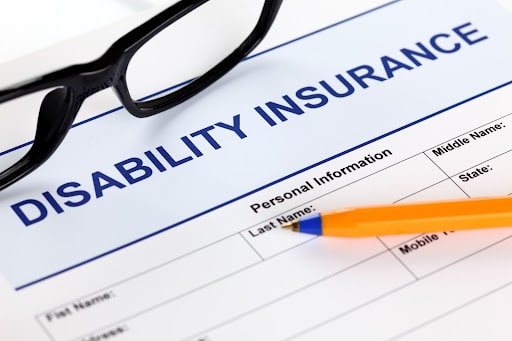Have you received a Sedgwick disability denial? Here are four courses of action to take when filing an appeal for your Short or Long Term Disability insurance claim.
If you have received a Sedgwick disability denial letter, do not become discouraged. There are various routes to take when filing an appeal to strengthen your case. Here are four legal steps to consider if you received a denial determination from your insurer.
The Appeals Process
After getting a Sedgwick disability denial, the first step is filing an appeal for your claim to be re-evaluated for benefits. Most insurance companies allow at least one internal appeal to be filed, while others will allow for two.
Some possible reasons your Short or Long Term Disability claim may have been denied include:
- Not meeting the policy’s definition of disabled
- Having a pre-existing condition
- Insufficient proof of disability
- Missing medical records
- Improper employer documentation
- And more
If you are unclear of the reason(s) why your disability benefits claim was denied, it is imperative you seek legal assistance before further action is taken. If additional steps are made incorrectly or insufficiently, you can further damage your claim.

Regular Doctor Visits to Provide Proof of Claim
If you have received a Short or Long Term Sedgwick disability denial, it does not mean you should stop treating your condition. It is critical to have medical and occupational evidence when filing a new appeal for benefits. Once you file an appeal and the insurance company re-evaluates your claim, they will want to see if you still made an effort to treat your disability. Documentation of regular doctor visits to minimize your condition’s effect on your functionality is critical when providing evidence for your appeal.
Independent Medical Evaluation
Insufficient medical records are a common cause for a Sedgwick disability denial of insurance benefits, such as missing documentation or a physician who is unwilling to cooperate. There are instances where physicians are reluctant to help prove a claimant’s disability, including completing paperwork or complying with further requested documentation from the insurance company. Insurance companies can request as much documentation as they see fit, which can be an ongoing process.
If your physician does not want to cooperate with this process, it may not be because they do not believe your condition. It can be a preference to keep their medical practice to treat patients alone instead. For this reason, sometimes it is necessary to have an independent medical evaluation before further damage is caused to your claim. If you contact a third-party physician, they should be able to render medical opinions regarding your functional limitations and help establish your disability preventing you from work.
Legal Help to Strengthen Your Case
Have you received a Sedgwick disability denial on your Short Term or Long Term Disability claim? The process of filing an appeal is comprehensive, and the first step you should take is to get legal advice.
Our disability insurance attorneys deeply understand insurance company pressures to get claimants back to work and can help navigate the appeals process with you to avoid another denial determination. We will discuss all legal options to ensure your rights are protected and represented. Contact us for evidence evaluation, case review, and legal advice on the best resolution when filing an appeal today.

